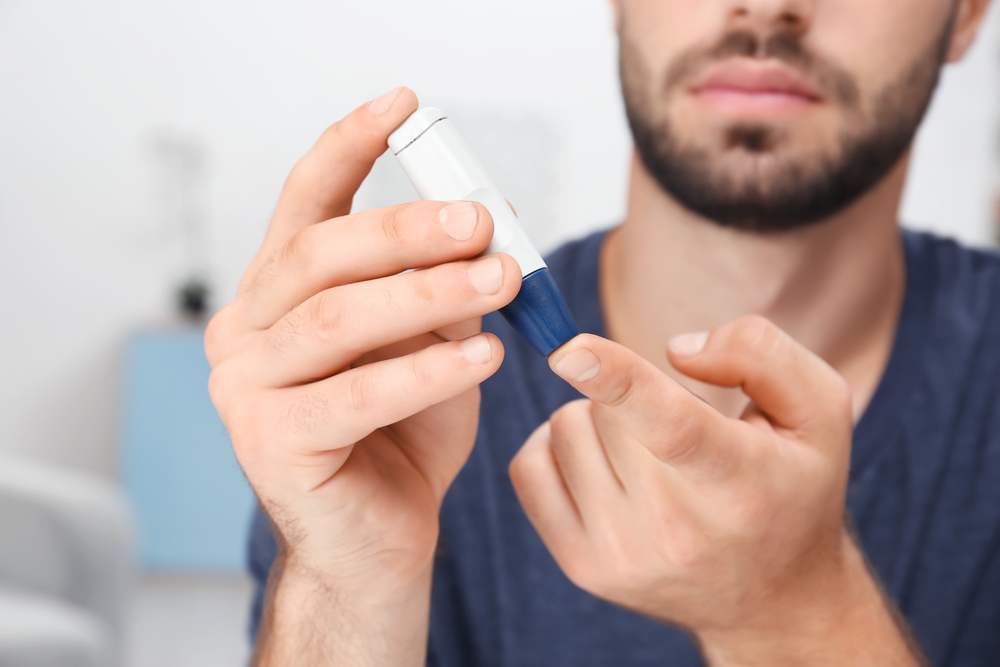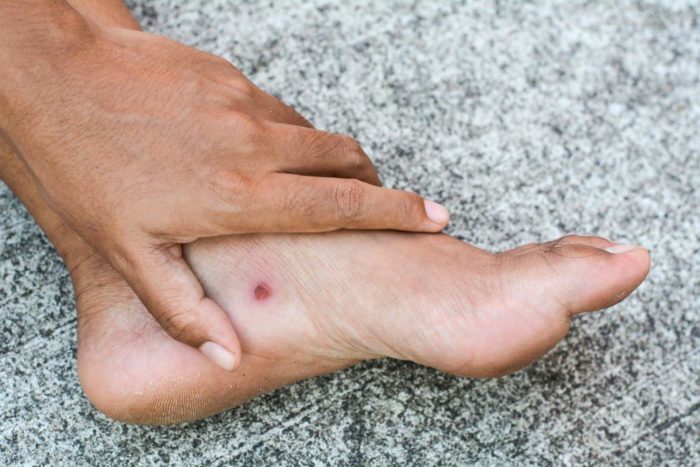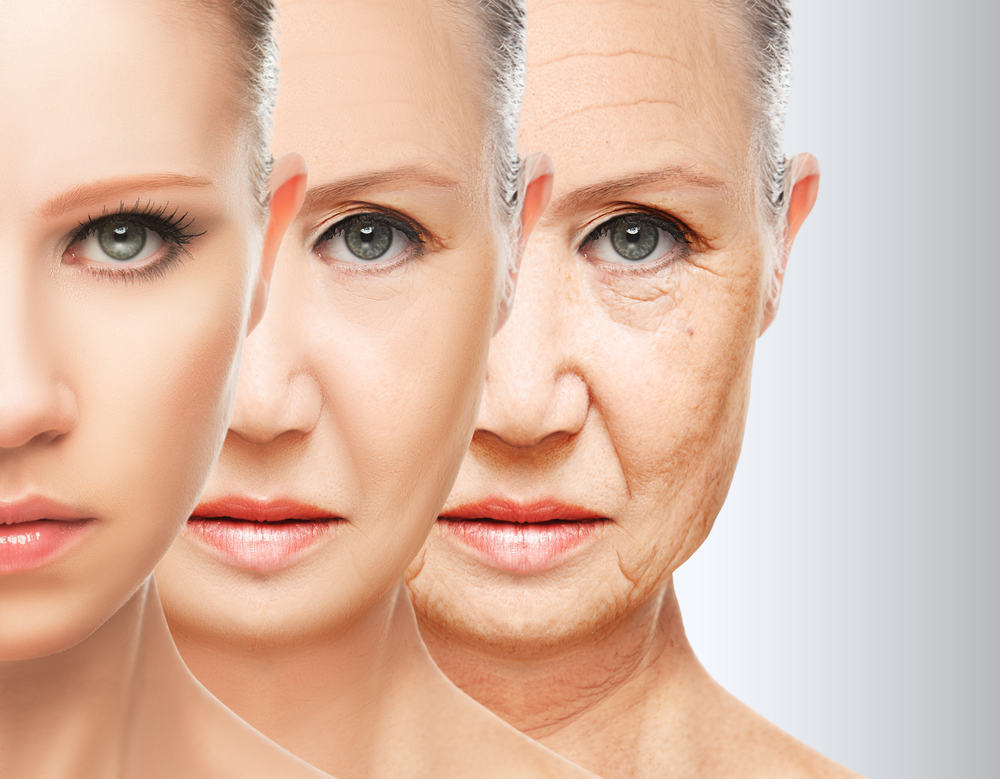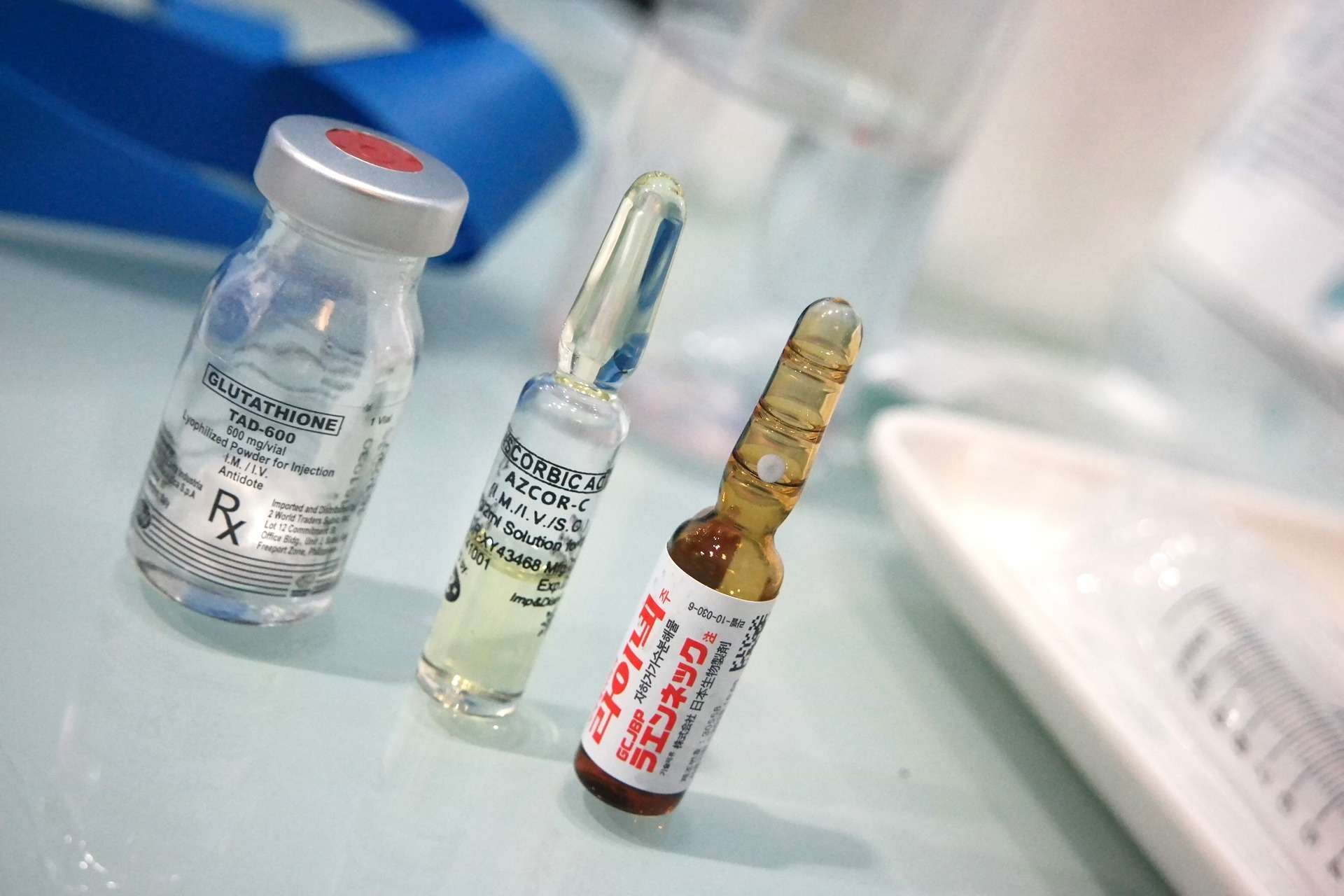Contents:
- Medical Video: Drink Boiled Cinnamon and Orange Peels, THIS Will Happen To Your Body!
- Diabetes can cause disorders in ...
- 1. Pancreas
- 2. Kidneys
- 3. The digestive system
- 4. Heart and blood vessels
- 5. Skin
- 6. Eyes
- 7. Reproductive system
Medical Video: Drink Boiled Cinnamon and Orange Peels, THIS Will Happen To Your Body!
Diabetes is often dubbed the mother of all diseases. Because the effects of diabetes can attack various organs in the body as well as potentially fatal. Some of the most dangerous complications of diabetes are heart disease and kidney damage. Learn more about the effects of diabetes in this article, so you can know what to do to prevent it.
Diabetes can cause disorders in ...
1. Pancreas
Continuous high blood sugar over time will damage the pancreas. The pancreas is an organwhich produces the hormone insulin to help make energy from glucose (blood sugar). If the pancreas is damaged, your body no longer has enough insulin stores.
When the body is not helped by insulin which is enough to break down glucose, the body will start burning fat as energy. As a result, the acid from the remaining fat burning called ketones will accumulate in the body. Ketones are toxic, which, if they continue to accumulate, will cause diabetes complications called diabetic ketoacidosis.
Common symptoms of diabetic ketoacidosis include extreme thirst, frequent urination and fatigue.High levels of ketones outside the reasonable limits can also cause fruit-smelling breath.
Diabetic ketoacidosis is an emergency medical condition. If you experience it but don't get immediate treatment, ketoacidosis can lead to loss of consciousness or even death.
2. Kidneys
People with diabetes are at risk for kidney failure. Unmanageable high blood sugar can cause damage to small blood vessels in the kidneys. This causes kidney function to be less efficient for filtering out waste and poisons carried in the bloodstream.
The increase in protein levels in urine (micro albuminuria) is a sign that your kidneys are not functioning properly.
Kidney disease associated with diabetes is called diabetic nephropathy. This condition does not show symptoms until entering at the next stage.If left untreated, diabetes can cause permanent kidney damage and even kidney failure.
3. The digestive system
People with type 2 diabetes can experience a condition called hyperglycemic hyperosmolar syndrome (HHS) diabetes. This syndrome occurs when the body has a very high increase in blood sugar levels, but without ketone production.
Drastic increase in blood sugar levels will damage the nerves that regulate the gastric emptying system. When the stomach fails to be completely emptied, this condition is referred to as gastoparesis and can cause various health problems, including nausea and vomiting and ongoing flatulence.
Diabetes is the main cause of gastroparesis. It usually occurs in people who have undiagnosed diabetes or those who cannot control their diabetes.
4. Heart and blood vessels
Damage to the heart and blood vessels is the most common effect of diabetes. The high blood glucose levels over time will form plaques on the blood vessel walls. Over time, the plaque will harden and constrict blood vessels (atherosclerosis).
This can increase blood pressure so that it forces the heart to work harder. In the end, diabetes will increase your risk of heart disease or stroke by up to two times higher than people without diabetes.
5. Skin
Narrowing of blood vessels caused by diabetes also makes you more susceptible to complications called diabetic neuropathy. This condition causes damage to the peripheral nerves which is characterized by a sensation of numbness and numbness on the surface of the skin. As a result, you may be too late to notice an injury or infection on the outside of the body.
In addition, diabetes can cause your skin to become dry and cracked. Constant heavy pressure received by the foot as long as it takes you away from one place to another will then cause calluses on the soles of the feet.
Although it sounds trivial, calluses in people with diabetes can develop into infected wounds if not treated properly. Moreover, thickening of the skin that occurs due to calluses will further enhance the sensation of numbness and numbness in the soles of the feet.
So when there is callous and numbness in the foot, you can not even realize it until it's too late. The healing process will run slowly or not at all because of poor blood flow. This can increase the risk of serious infections that may be potentially amputated.
Because the network and nerves around the site of the injury that did not get a new blood supply will eventually die. That is why if you have diabetes, it is very important to take care of your feet and check them often.
In addition to the risk of infection wounds, diabetes also makes you more prone to experience boils and various kinds of fungal or bacterial infections on the skin, such as between the fingers and toes, groin, armpit, and including in the vital organs area. Symptoms of diabetes due to diabetes include redness, blisters and itching.
6. Eyes
The high blood sugar levels experienced by people with diabetes can cause swelling of the blood vessels in the retina which can eventually rupture. This condition is called diabetic retinopathy, which can cause permanent blindness.Symptoms include floaters or black spots that swim on your broad view.
Diabetics also tend to get glaucoma andcataract faster than other people. They are also more likely to get glaucoma.
Eye problems due to diabetes can be mild at first. Then it is important to see your eye doctor regularly.
7. Reproductive system
Diabetes can cause fertility problems in both women and men, due to DNA damage in sperm and ovum.
In addition, an increase in blood sugar levels in pregnant women can cause gestational diabetes which is at risk of causing serious complications during pregnancy and during labor, such aspreeclampsia or eclampsia.
Pregnant women with gestational diabetes should be monitored more intensely by their team of doctors, because they have an increased risk of developing diabetes within ten years.



















